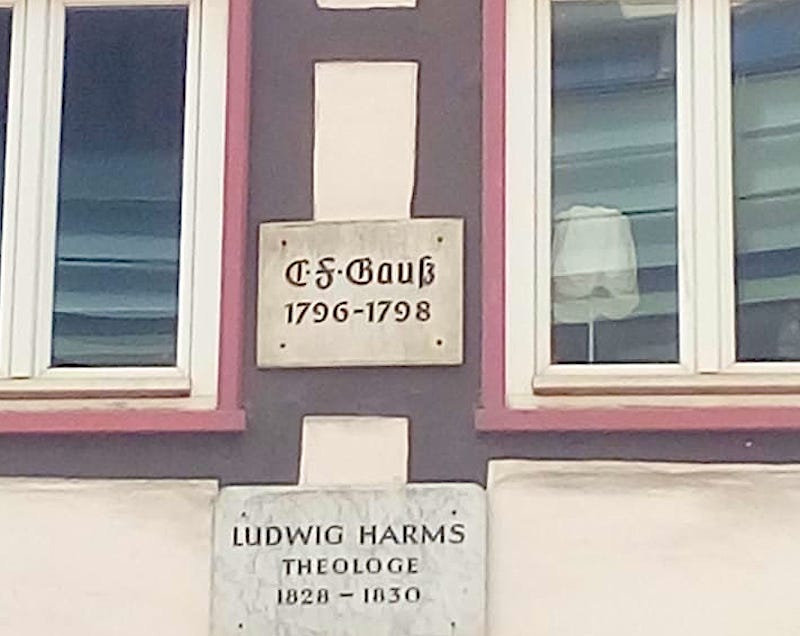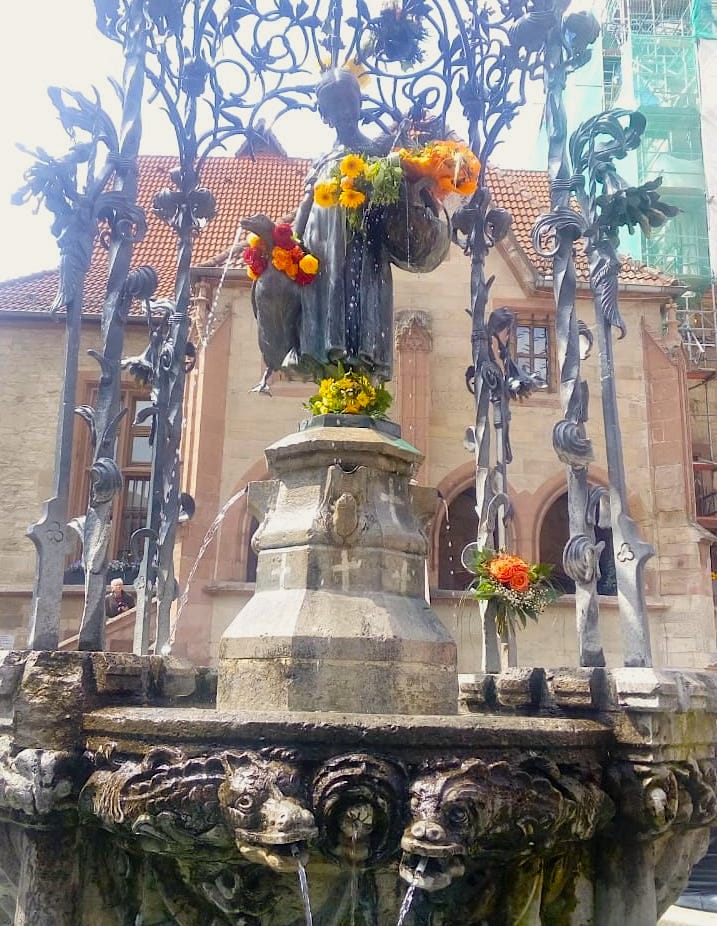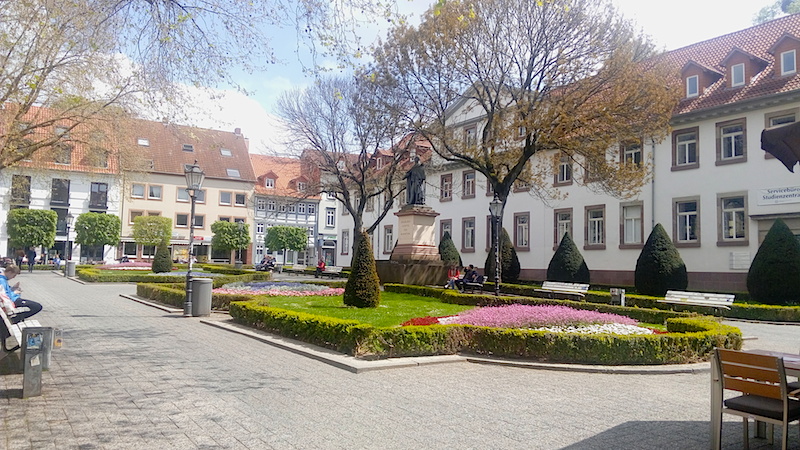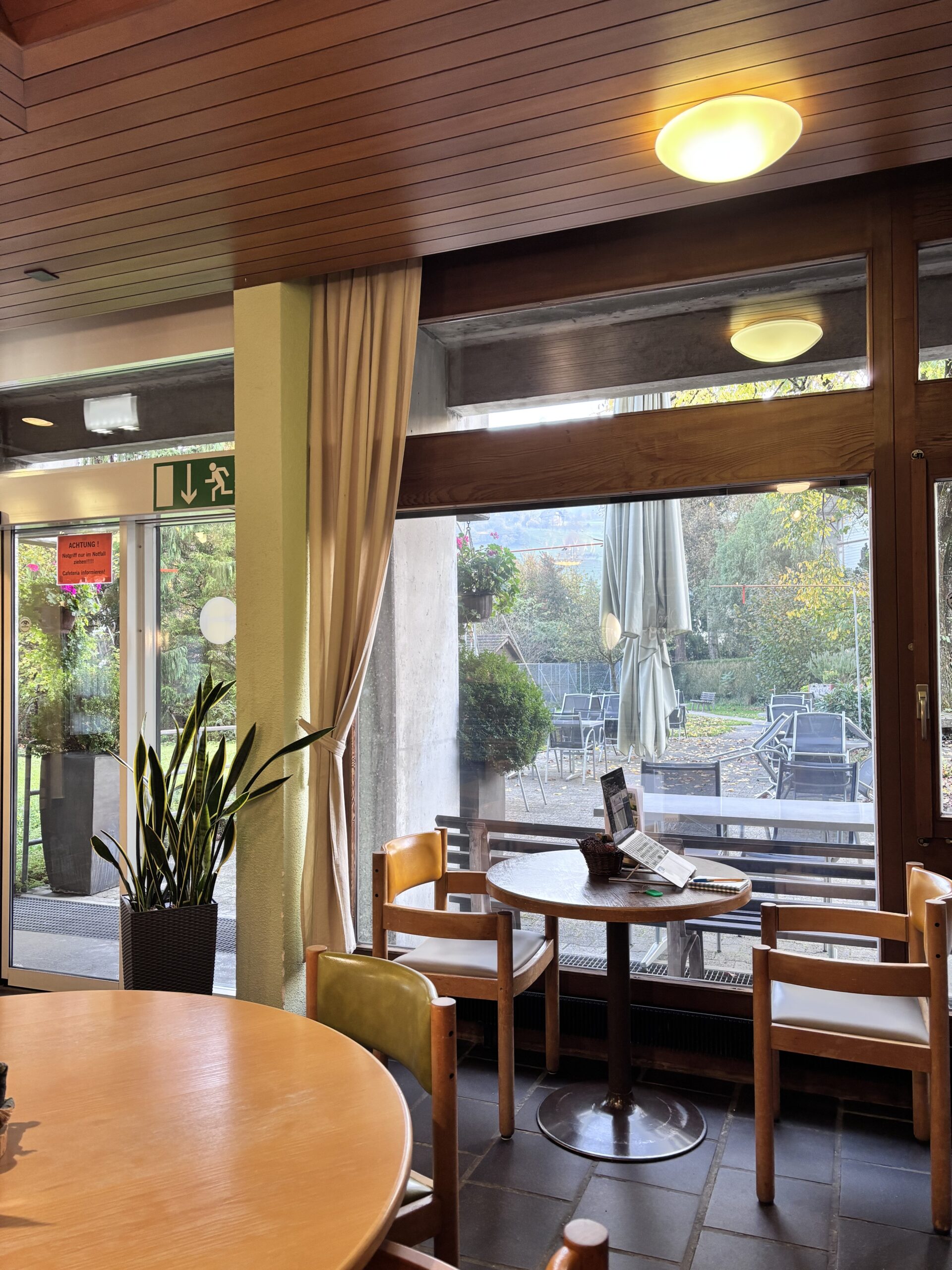It must have been more than a decade ago that I read “Biswasghatok” (The Traitor) by Narayan Sanyal, based on Operation Manhattan.
My mastery of the Bengali language is questionable, thanks to my father’s frequent job transfers. I hence tried to improve it by reading literature. This, along with my affinity towards history and the arts, urged Baba to gift me “AbarJodi Ichchha Koro” (If you wish again), a novel on Van Gogh and Paul Gauguin. Soon to follow was Biswasghatok by the same author.
My prejudice about novels on the Wars was pleasantly shattered by the book. Imagine a cafe where you start solving a physics numerical right on the dark table with chalk. The next day you find that an anonymous Messiah has solved it. You jot down the solution and cycle back to your dorm. On your way you find an elderly gentleman counting something in the air. He trips and falls. You rush to his rescue only to be shut down by, “Messed up my entire calculation! Why did you have to pick me up?”
So when my employer decided to send me to Germany on a short assignment, Göttingen was the first thing on my list. And it was my ONLY planned trip during the entire stay.
I have struggled with science throughout my school. And yet, one cannot help but pay attention to a university or a town boasting of Heisenberg or Max Planck or even the Grimm brothers. I wanted to see the campus, touch the walls, see the town which had turned into the “Shoshurbari” (in-laws place) for so many bright minds who stayed here as paying guests during their studies.
But wait, there’s no campus.
The entire town was the campus rather; with the liberal arts department next to a professor’s residence, or the carefree garden maintained by the Department of Botany dwelling effortlessly near the upright Max Planck institute.
My guide for the day was a student I’d known for about 24 hours, Sourav. As amused as he was at a petite girl turning up to see just a university, he was kind enough to show me things I’d enjoy. Like, the place where Gauss stayed, or a statue with a small fountain which graduates kiss after their convocation.


So 45 Nobel laureates had kissed it? Quite a handful!
Sourav would later go on to tell me how he had read about the Nazis trying to put the non-German students of the university to camps, but were refused by the University. I was surprised that the Nazis listened!
My trip had been fruitful. But what matters during a trip is what you are willing to see. So if you feel like skipping that social media savvy city for a place closer to your heart, do not hesitate. You might just come back with a postcard and a bit of history.





You must log in to post a comment.